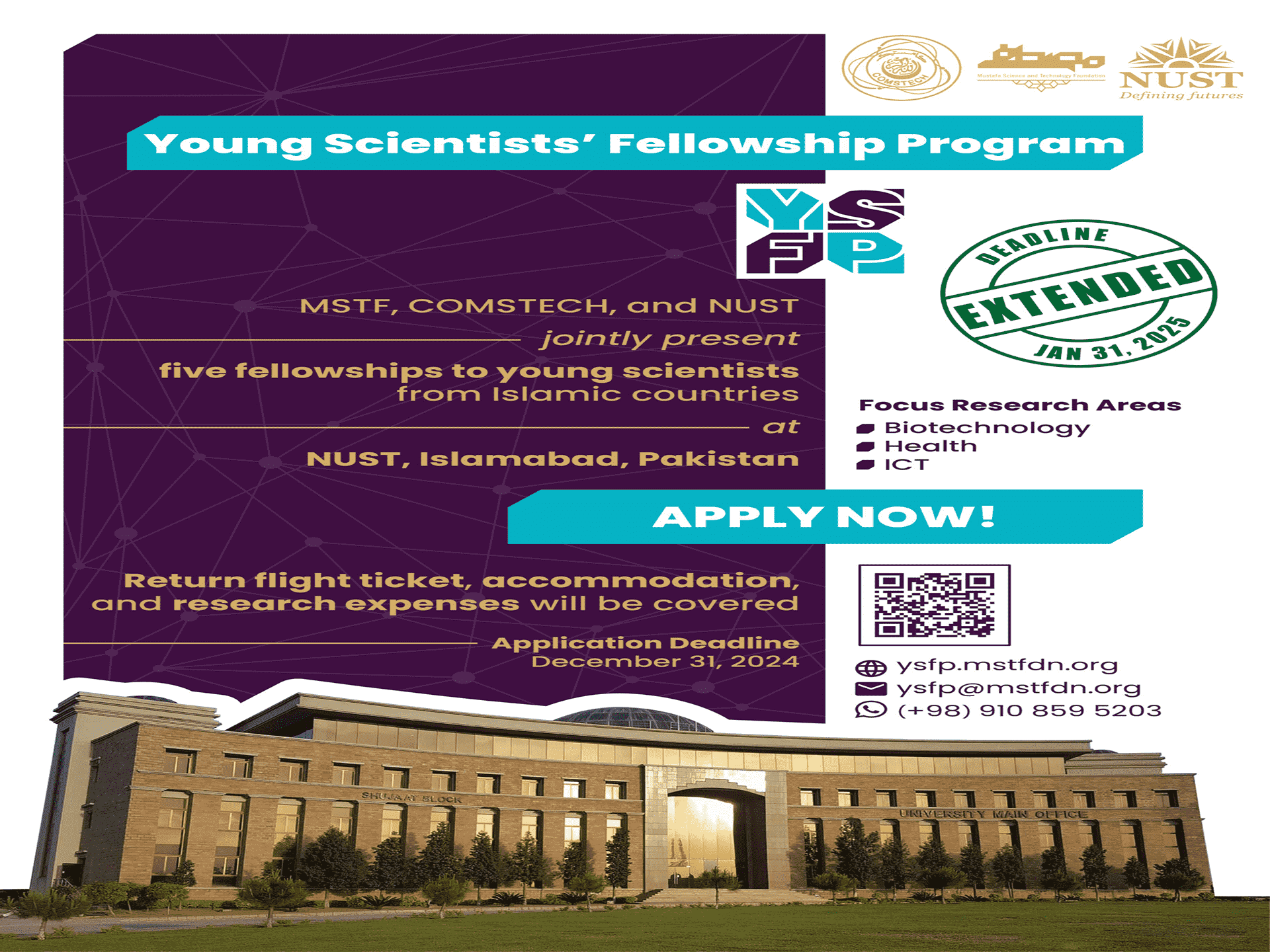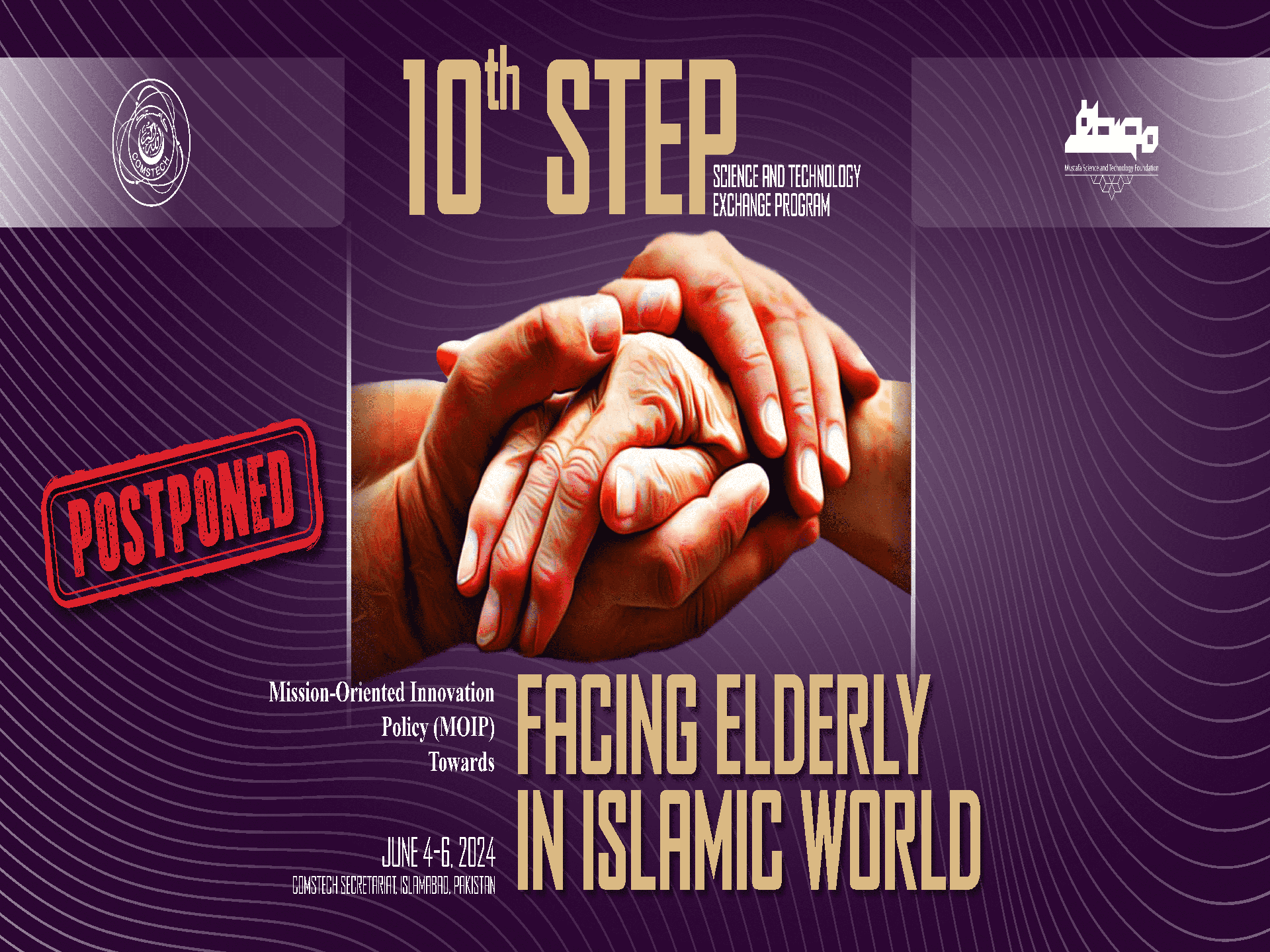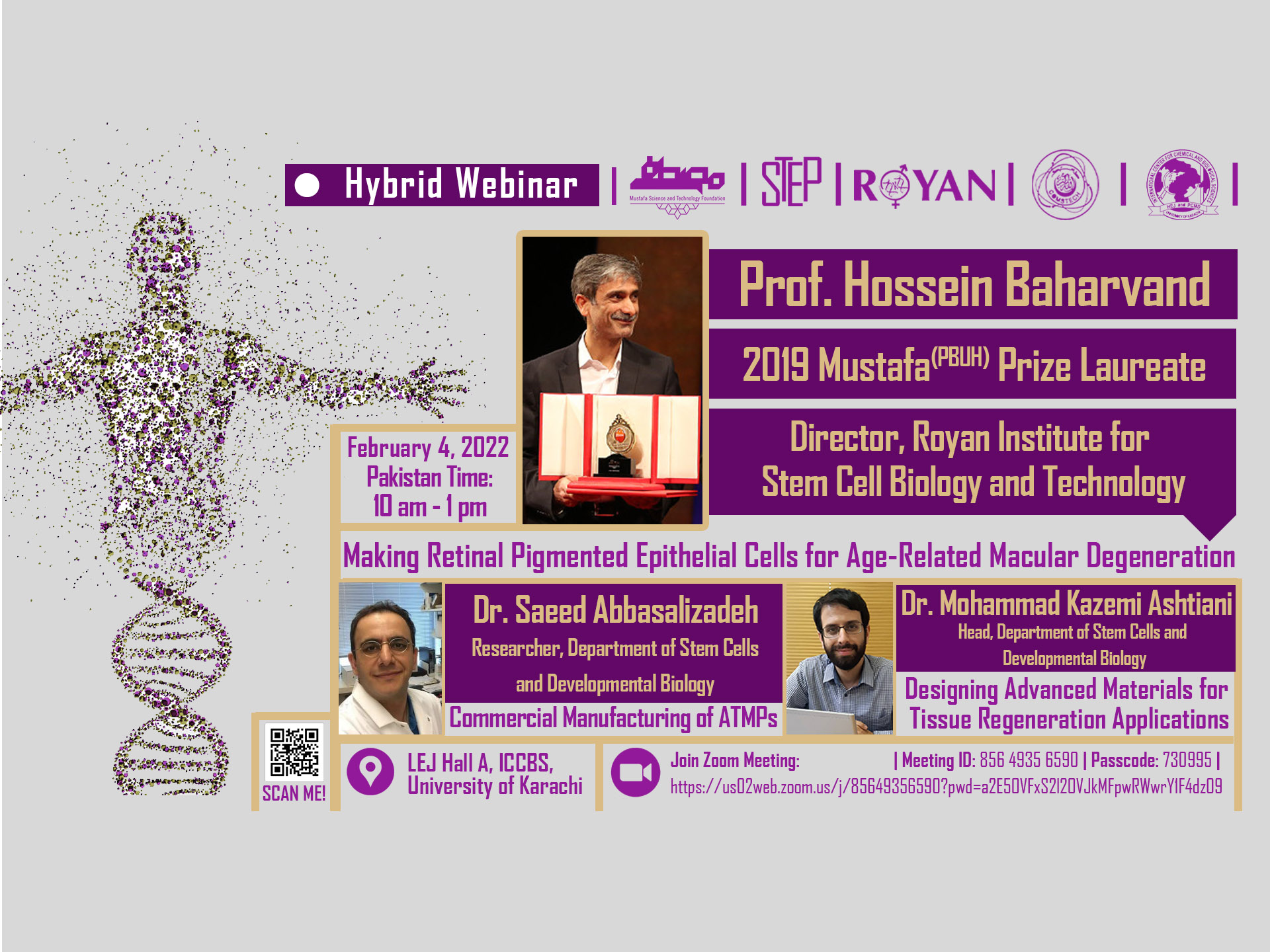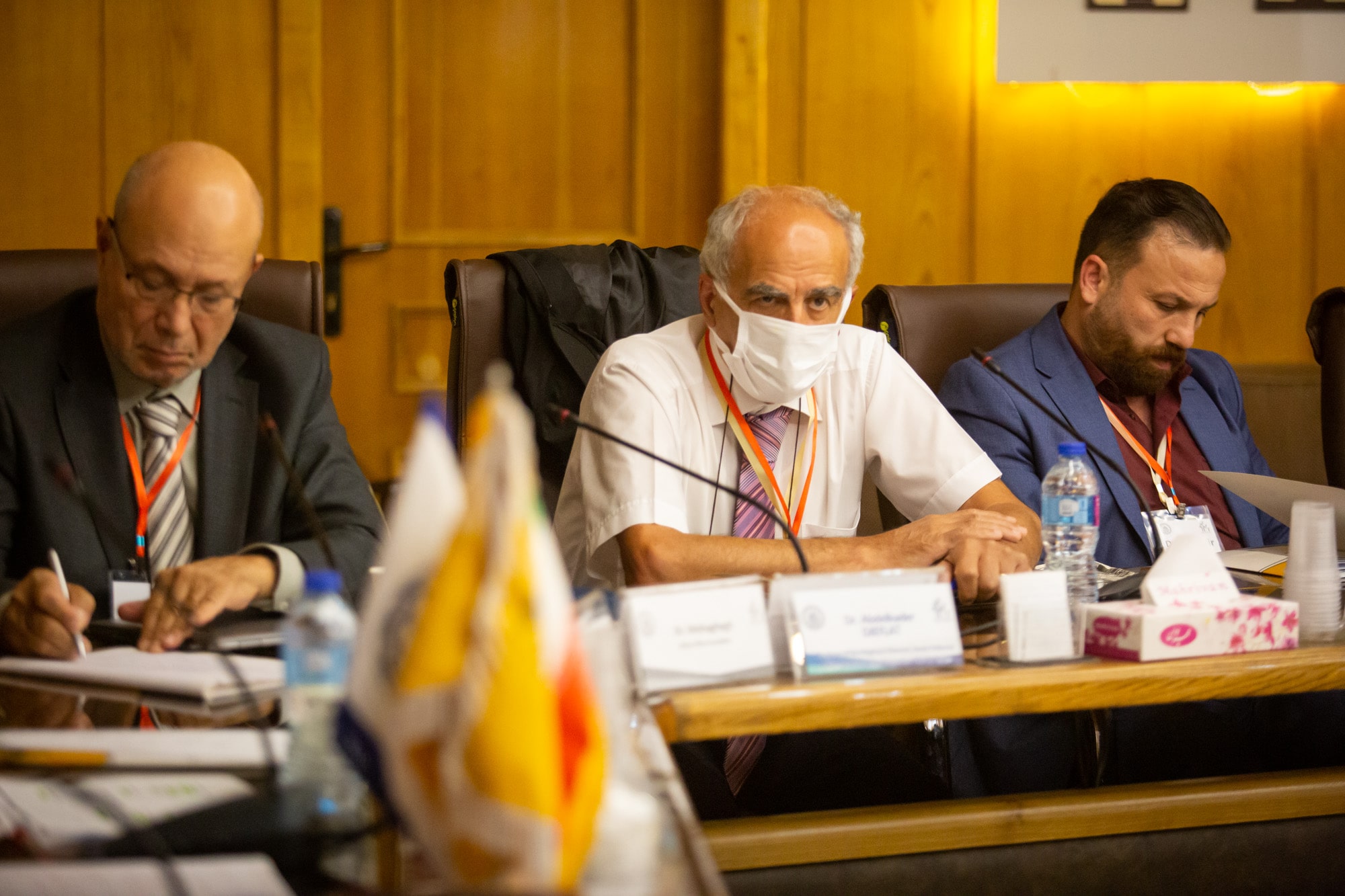TOP STORIES
.jpg)
Muslim Women Scientists Network at recent STEP
04 Mar. 2019
MSTF Media reports:
Shaghayegh Haghjoo, Chair of the scientific committee of the 5th STEP, pointed out the role of women in the latest STEP sessions, saying: “Women make up half of the people in the community and half of the human resources available in every country for development. Today, creating equal gender opportunities is a prelude to future competitions that require the use of all their human resources (both male and female). Research shows that there is a significant difference between the number of women and men in terms of continuing education in postgraduate and doctoral degrees, and more importantly, attracting them to scientific and research centers as faculty members or accessing them to management positions.”
She stated that one of the requirements of the social scientific institution is its universal and gender-neutral character. “Playing a role in the process of production and development of science is an entirely meritorious process. Although in different societies, including Islamic societies, women often have not had equal opportunities and merit-based opportunities, Islam believes that there is no difference between men and women in terms of intellectual growth. There are verses referring to this fact such as verse 97 of Surah An-Nahl:
‘Whoever does righteousness, whether male or female, while he is a believer - We will surely cause him to live a good life, and We will surely give them their reward [in the Hereafter] according to the best of what they used to do.’
Although women have historically succeeded in achieving significant success in science and technology, examples of which can be found in the book ‘Women in Science’, or the ‘Women's Science and Technology Booklet which provide documents and stories about the first women who have been influential in changing their views on the role of women in science and technology, all this has not been enough to create the conditions for the best use of women's empowerment so far.”
She continued: “the 5th STEP with special emphasis on women's gathering and holding scientific discussions to network and implement each other's experiences, ultimately took into account the value of collective knowledge. In addition, the results of the World Health Organization (WHO) survey show that women in the world are at the center of changing lifestyles and lifestyle changes to healthy living decreasing non-communicable diseases, as the most important cause of death in today's world.”
Pointing out the goals of the STEP and international awards, such as the Nobel Prize, she said: "As you know, the STEP in the Islamic countries takes place in order to realize the goals of the MSTF and the Mustafa Prize to create an atmosphere of cooperation and interaction between experts and scientists of Islamic countries. A plan that explains the science and technology discourse and the development of the communications network of Muslim scholars in the Islamic world, providing the basis for the development of synergies. It provides the basis for the development of research and technological activities in the countries of the Organization of Islamic Cooperation. We hope this step is an opportunity for the Muslim world's scientists to further develop science and technology in Islamic countries and societies.”
He said: “The identification of the outstanding scientific capabilities of Muslims and their assessment is a very important first step. The MSTF, by providing opportunities for identifying individuals with potential and common interests in the field of science in a targeted way in the form of STEP event and then creating financial support mechanisms in the field of applied research, in addition to networking provides an opportunity for the Islamic world's investors to connect with a network of prominent scholars and a suitable platform for the development of scholars in the Islamic countries.”
“The majority of these people are the ones who we hope will be able to be nominated for Mustafa Prize in the coming years,” she said, stating that the STEP helped find new scholars who have the potential to expand the boundaries of knowledge.
The Chair of the scientific committee of the 5th STEP continued: “The meeting was proposed by Pakistan, and Iqbal Chaudhry, head of the International Center for Chemical and Biological Sciences (ICCBS) of the Karachi University of Pakistan playing a significant role to invite, follow up and select the venue for STEP5.”
Elaborating on the reasons for the selection of the International Center for Chemical and Biological Sciences (ICCBS) at the University of Karachi as the host of the meeting, she said: "This is one of the best centers in the world in the field of molecular medicine, herbs and natural products, as well as chemistry, and has been host to important international meetings in the world of science. The readiness of this center and its high potential in creating international scientific communication has been one of the main reasons for choosing it.”
At the end, she expressed her opinion about the importance of STEP5 in Karachi, adding: "STEP5 shared the experiences of the Islamic world to design and implement interventions to reduce non-communicable diseases as the leading cause of death in the world today. Also, the network for Muslim women scientists formed at the STEP5.”
The STEP5 event was held at the University of Karachi from 28th of February to the 2nd of March.







